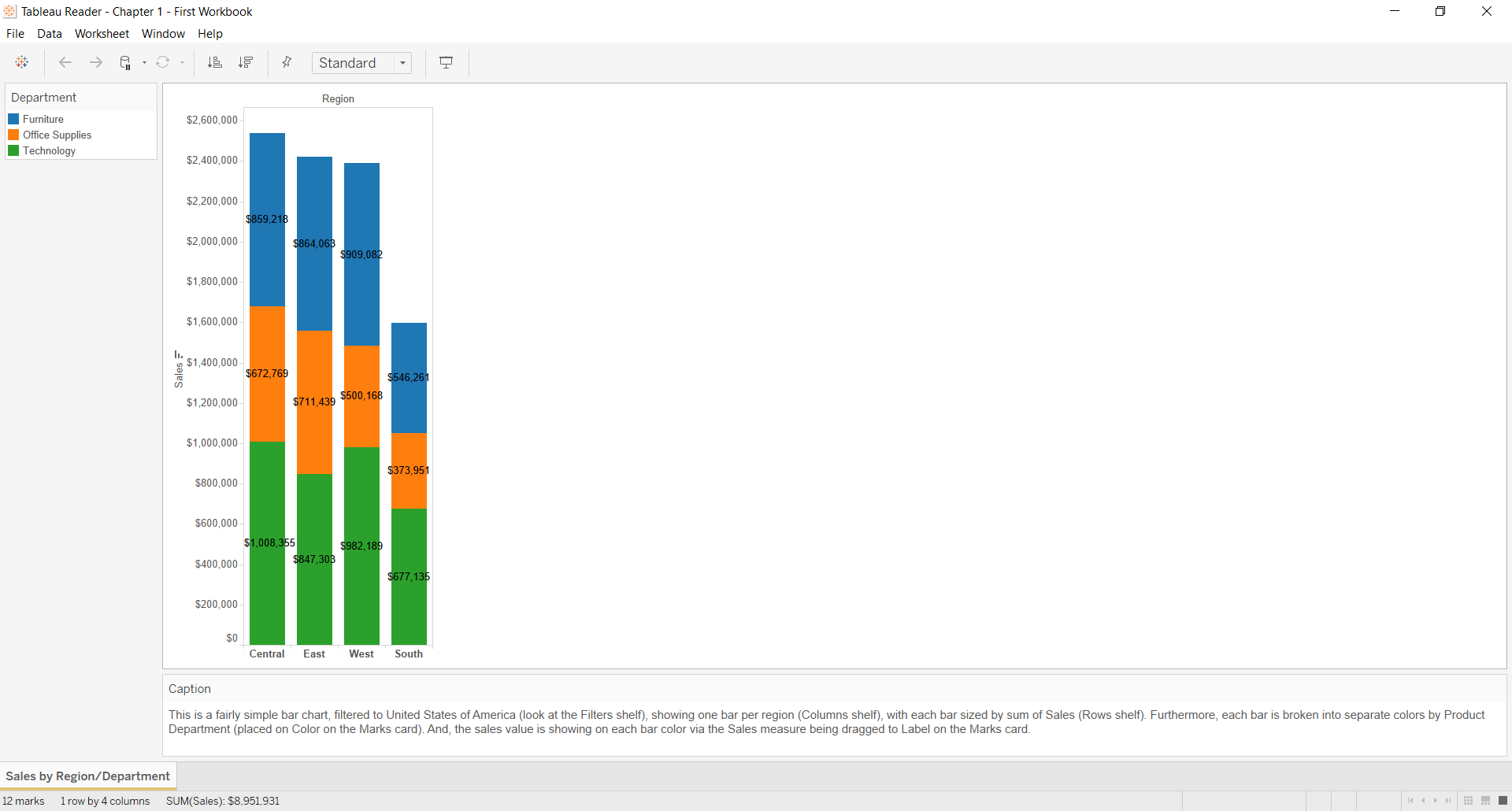



TABLEAU VERSIONS PATCH
loads ( TabServerSession ) v = TSS major = v minor = v patch = v tsVersion = major + '.' + minor api_version = None # Hit this endpoint to access a JSON version of the lookup table above # Note: this endpoint is not provided by Tableau and might not be hosted in the future api_versions = requests. post ( url, data = payload, headers = headers ) return SessionResponse # We need to parse the JSON response from the getSessionInfo call # and extract the major and minor version numbers def DetectTableauVersion (): global xsrf_token TabServerSession = getSessionInfo ( xsrf_token ). # The information we want (Tableau Server major and minor version) is contained in the response from this call # Re-use the xsrf_token you captured from the Vizportal login def getSessionInfo ( xsrf_token ): payload = " SessionResponse = session. The code below builds on a previous post where I showed how you can log into the Vizportal API. In most cases you’ll know what version of Tableau Server you’re using and can use that to determine your API Version with the table below: Tableau Server versionīut what if you’re designing something that might be open-sourced to the Tableau Community or at a client site and you don’t want to hard-code those values in? With a quick call to the Vizportal API and some JSON parsing you can determine what version of Tableau Server you’re connecting to and map that its API Version. Detecting your Tableau Server and API version using the Vizportal API But wait…isn’t that what we’re trying to figure out? How can you input the API version when you don’t know what it is? In fact, how can you tell what version of Tableau Server you’re sending calls to?īy using the Vizportal API, that’s how. If you look closely, you’ll see that the call requires you to put the api-version in the URL.


 0 kommentar(er)
0 kommentar(er)
